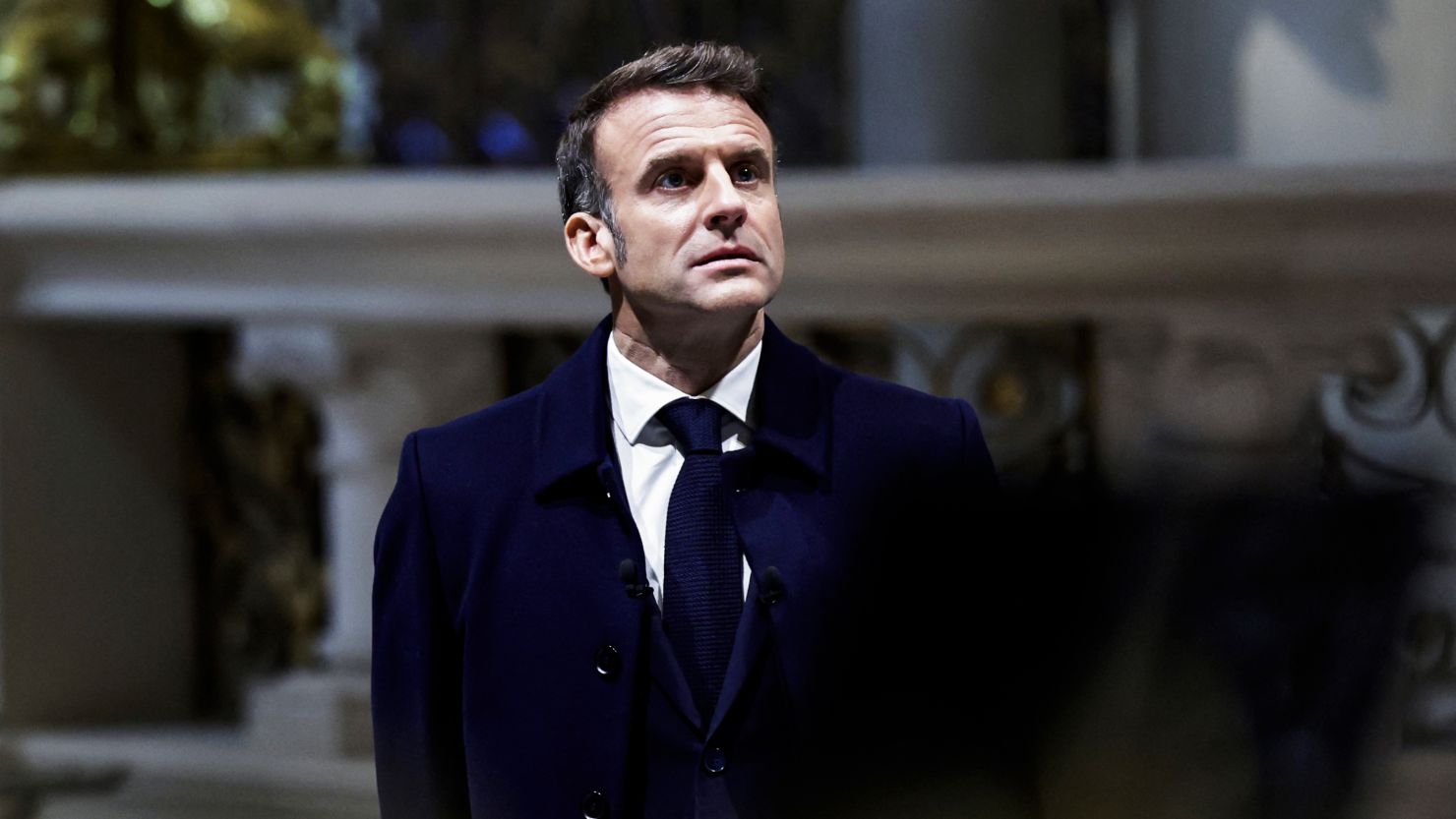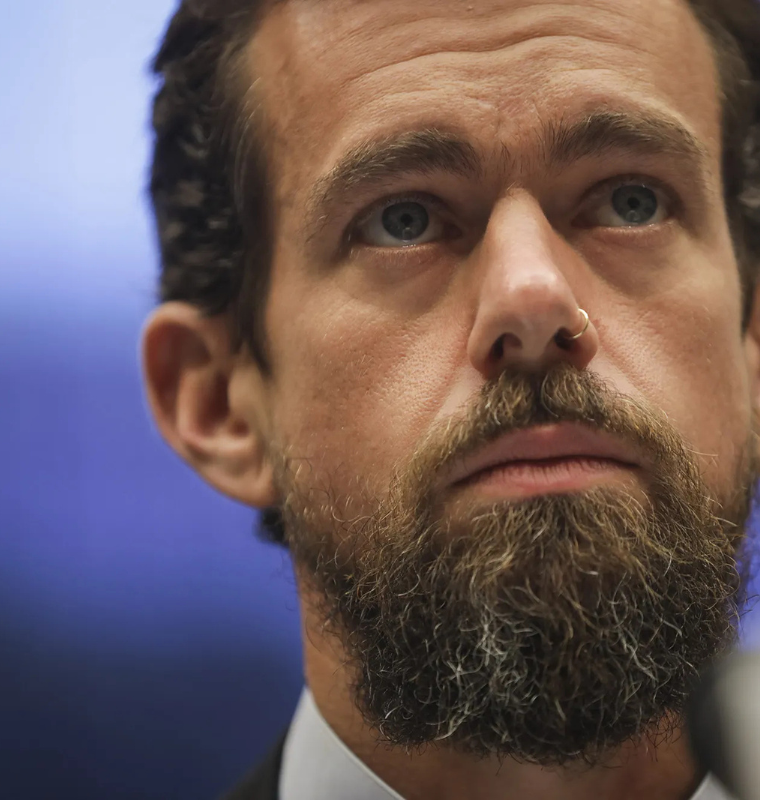France Faces Deepening Political Turmoil as Macron Struggles to Restore Stability
France Faces Deepening Political Turmoil as Macron Struggles to Restore Stability
By
Leah Rosenfeld
Last updated:
October 7, 2025
First Published:
November 30, 2025

Photo: CNN
Macron Confronts a Leadership Crisis Once Again
France has plunged into another wave of political instability as President Emmanuel Macron grapples with the abrupt resignation of his prime minister, Sébastien Lecornu, less than a month after taking office. Lecornu, a close ally and former defense minister, stepped down after failing to build consensus among rival parties over France’s 2026 budget — a challenge that has haunted successive governments.
Lecornu’s departure marks the third failed government since Macron dissolved parliament in 2024 in an attempt to “clarify” France’s political landscape. Instead, the move deepened division within the National Assembly, leaving Macron’s centrist alliance isolated between a rising far right and a resurgent left.
A Parliament in Deadlock and a President Under Pressure
Lecornu’s resignation reflects the growing dysfunction within France’s fractured legislature. The prime minister admitted that “each political party behaves as if it holds its own majority,” underscoring the stalemate that has paralyzed decision-making on crucial fiscal reforms.
The standoff centers on France’s widening budget deficit — forecast at 5.8% of GDP in 2024, one of the highest in the eurozone. Both the left and right blocs have rejected Macron’s calls for deeper spending cuts and tax increases, leaving the administration unable to push through its budget plan.
In a late-night statement on Monday, Macron extended a 48-hour window for “final discussions” with opposition parties, urging them to find common ground before Lecornu formally reports back. But market confidence has already wavered — with the CAC 40 index dropping 1.3% on Monday, led by sharp declines in banking giants BNP Paribas, Société Générale, and Crédit Agricole.
Macron’s Limited Options: New PM, Fresh Elections, or Stalemate
The French president now faces a difficult choice between three unappealing paths: appointing another prime minister, dissolving parliament for new elections, or maintaining a caretaker administration.
Appointing a sixth prime minister in less than two years would underline the instability of Macron’s leadership but might buy temporary calm. Calling snap elections, however, could be politically disastrous — current polls show Marine Le Pen’s far-right National Rally (RN) leading with around 32% of voter support, ahead of the left-wing New Popular Front (25%), while Macron’s centrist coalition trails far behind.
Political analysts note that Macron is unlikely to resign himself, despite mounting criticism. “He’s cornered but not willing to step aside,” says Douglas Yates, a political science professor at INSEAD. “Macron may simply replace another prime minister like he changes shirts, trying to maintain institutional control for as long as possible.”
Potential Political Scenarios: The Left or the Center?
Speculation is mounting that Macron might turn to a centrist or moderate-left figure to lead the next government — potentially from the Socialist Party or Green Party — in hopes of breaking the deadlock. Such a move could placate opposition lawmakers and prevent another no-confidence vote.
However, a shift toward the left risks alienating Macron’s pro-business base and could derail his previous reforms, including the controversial pension age hike to 64. On the other hand, appointing a conservative could reignite tensions with unions and progressive groups already frustrated by austerity measures.
Both extremes — the far-left France Unbowed and far-right National Rally — have called for Macron’s resignation, branding his government “illegitimate” and “out of touch.”
The Economic Stakes: France’s Budget in Limbo
As political uncertainty lingers, France’s economic outlook darkens. Economists warn that the country may soon be forced to operate under a provisional budget law — effectively freezing spending at 2025 levels — if a new government cannot pass a fiscal plan.
Analysts at Deutsche Bank estimate that under such a framework, France’s deficit could hover between 5.0% and 5.4% of GDP, while debt levels, already above 110% of GDP, would continue to rise. This could put France on a collision course with EU fiscal rules set to tighten again in 2026.
If Macron appoints a Socialist or centrist-left prime minister, some reforms could be scaled back, but fiscal discipline would likely weaken further. Economists at Berenberg Bank warn that such a compromise could lead to “painful reversals” of Macron’s pro-growth agenda and a return to higher public spending.
Europe Watches as France’s Future Hangs in the Balance
The crisis in Paris reverberates far beyond France’s borders. As the eurozone’s second-largest economy, France’s instability could have ripple effects on European markets and the bloc’s fiscal coordination efforts. Investors are already eyeing potential downgrades to France’s sovereign rating if the political stalemate persists.
For now, Macron appears determined to cling to power, but his room for maneuver is shrinking rapidly. The coming days — and his choice of the next prime minister — may determine whether France stabilizes politically or slides deeper into crisis.
What remains clear is that France, once a pillar of European stability, now stands at a crossroads where every decision carries both political and economic consequences.
Popular articles
Subscribe to unlock premium content
London’s Gourmet Playgrounds

From Bean to Buzz in Thailand

The Secret Life of Pop-Up Luxury Restaurants in Paris

London’s Gourmet Playgrounds

From Bean to Buzz in Thailand

London’s Gourmet Playgrounds









